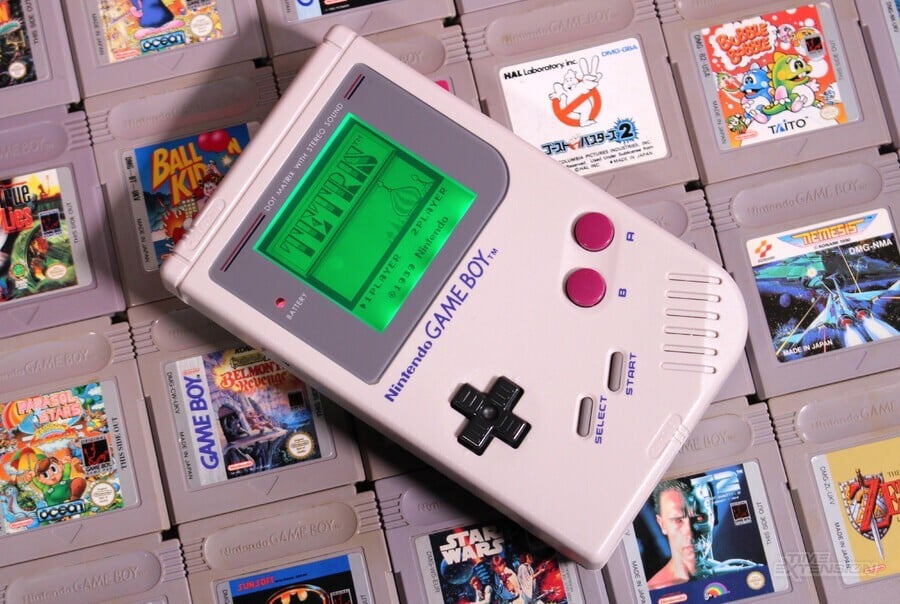
While Tetris is clearly a work of genius and would have been commercially successful no matter what systems it released on, few would have the courage to argue that, without Nintendo's seminal Game Boy version, the puzzler's fame would be quite as far-reaching today.
Alexey Pajitnov's iconic game was famously bundled with Nintendo's monochrome handheld, turning the portable into a must-have item for millions of people all over the world. The story of how Nintendo secured the rights has been told many times before (and was even transformed into a movie by Apple recently), and Henk Rogers—one of the key figures in the deal—has now told his version via a new memoir, The Perfect Game—Tetris: From Russia With Love.
Speaking to PC Gamer, Rogers reveals that Shigeru Miyamoto played a small but significant role in convincing Nintendo's then-boss, the late Hiroshi Yamauchi, that Tetris was a sure-fire hit.
Rogers was already on friendly terms with Yamauchi thanks to their shared love of the Japanese board game, Go. Rogers' studio Bullet-Proof Software produced Igo: Kyuu Roban Taikyoku—developed by Allan Scarff, who is sadly no longer with us—and got its foot in the door to the world of Famicom publishing. It would later release a Famicom version of Tetris, which pre-dates the Game Boy and NES editions, and it was during the negotiations for this version that Miyamoto made his presence felt.
According to Rogers, Yamauchi was refusing to give him the required units for the game, which would limit his ability to generate revenue (Nintendo famously controlled the number of cartridges publishers could order).

As Rogers recalls:
I went to visit Mr Yamauchi because my understanding was that I needed to have 200,000 minimum order [of cartridges] for the game to become a hit. So I go to Mr Yamauchi and said, 'Mr Yamauchi, I think I have one of the greatest games of all time. And my sales guys have only managed to get 40,000 units as an initial order. I don't know what to do. Am I doing wrong? What can I do to fix this?'
And then Mr Yamauchi calls in Shigeru Miyamoto to find out if the game is actually a good game. And Miyamoto says 'yes'. And Yamauchi said, 'how do you know?' And Miyamoto says, 'well, because your secretaries and accountants are all playing at lunchtime and after work, and that's never happened before.'
So then Yamauchi calls in [Hiroshi] Imanishi. Imanishi was number two, the Managing Director. Yamauchi said 'Imanishi, I want you to put the Nintendo Seal of Approval on this game. And also I want you to call every distributor and tell them to order more.' I'm thinking like, whoa, that's some serious action going on.
The Famicom version of Tetris would go on to sell two million units, and it would be the existence of this title that would ultimately see Rogers in Moscow.
He would negotiate for the worldwide rights to Tetris, which, at this point, had been carved up by UK publisher Mirrorsoft and its American subsidiary Spectrum HoloByte and sold all over the world—without the permission of Elektronorgtechnica, the Soviet organization in charge of the import and export of computer software.
Rogers offered to pay Elorg an advance on sales generated by royalties (something it had yet to receive from either Mirrorsoft, Spectrum HoloByte or Andromeda Software's Robert Stein, the man who had brokered the contested deal originally).
The rest, as they say, is history—and we have Shigeru Miyamoto to thank for that, in one small way.


